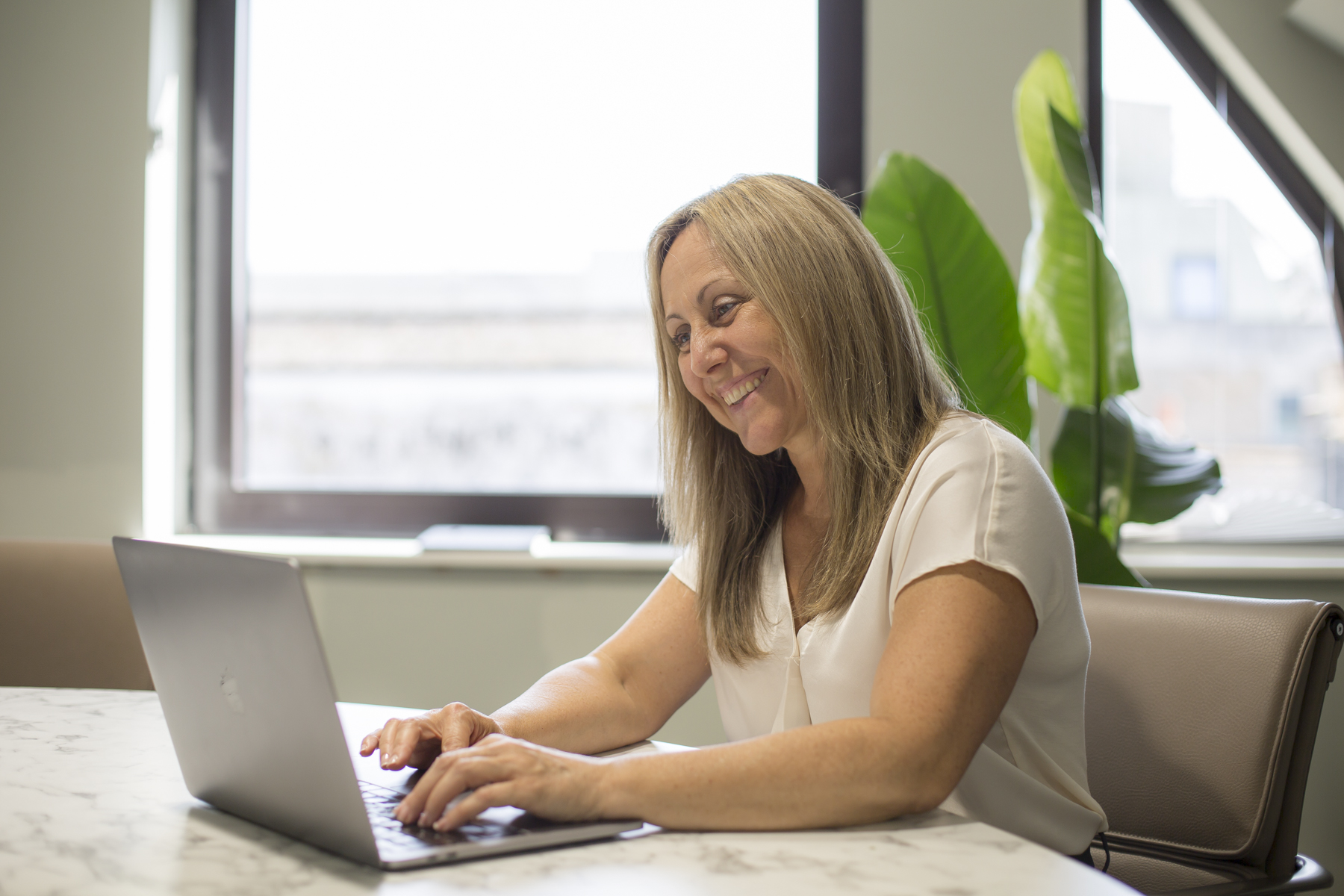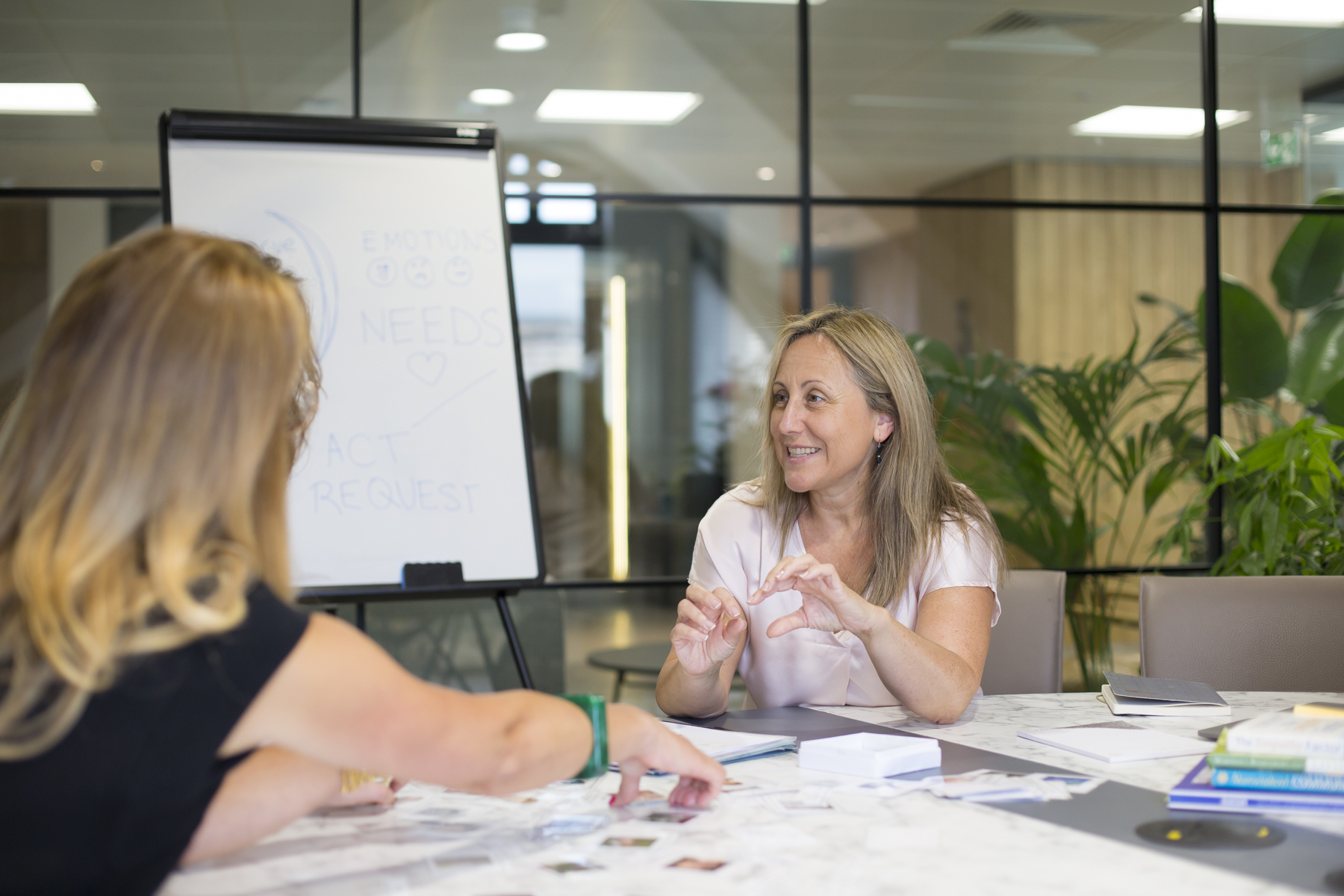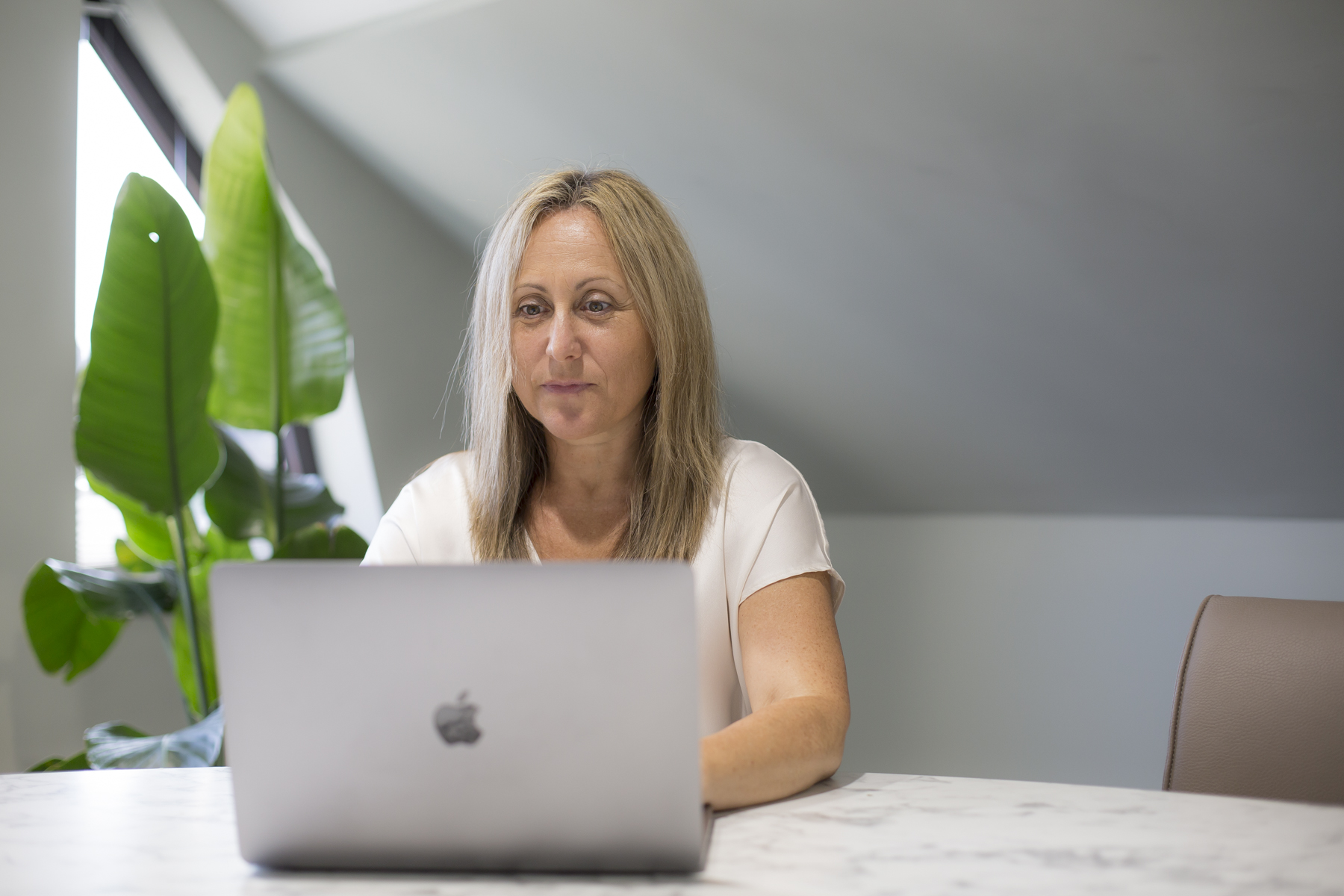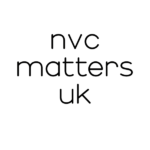Nati’s Story
Recently I was leading a high-stakes workshop with 65 participants when a man started to interrupt repeatedly, forcefully expressing opinions that challenged my views and approach.
You could hear a pin drop as the participants watched me defuse a potentially inflammatory situation that was threatening to derail the session. Great facilitation requires walking a fine line between being transparent enough to ensure people feel safe and trust you, while being empathetic enough to allow others to express their viewpoints and concerns openly. Drawing on my skills in nonviolent mediation helped me to guide the group, together with the “disruptive” individual, towards realising their shared goals for this workshop. Afterward, participants asked me how I was able to de-escalate such aggression with such grace, particularly considering my petite stature and kindness. About 15% of participants approached me privately, worried about my wellbeing; several of them found the way I was treated traumatic and evoked memories of past abuse. “Teach me how to do that.” was a common message. Unaddressed aggression, when not channelled towards a constructive purpose, can have a profound impact on individuals – it is not something that can be swept under the carpet without cost.
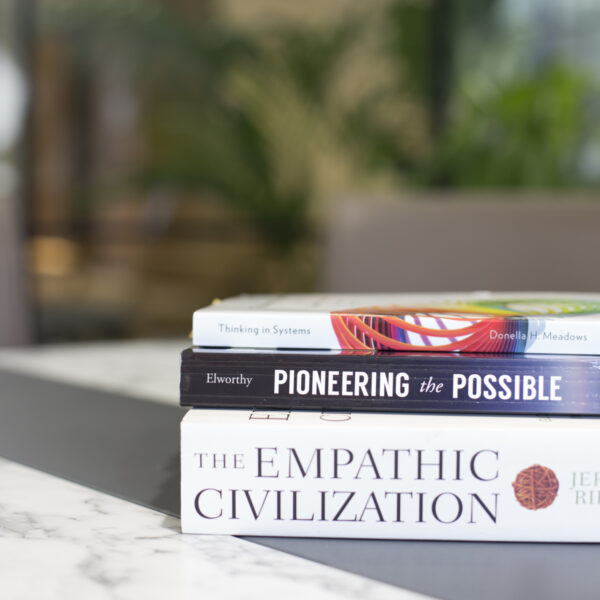
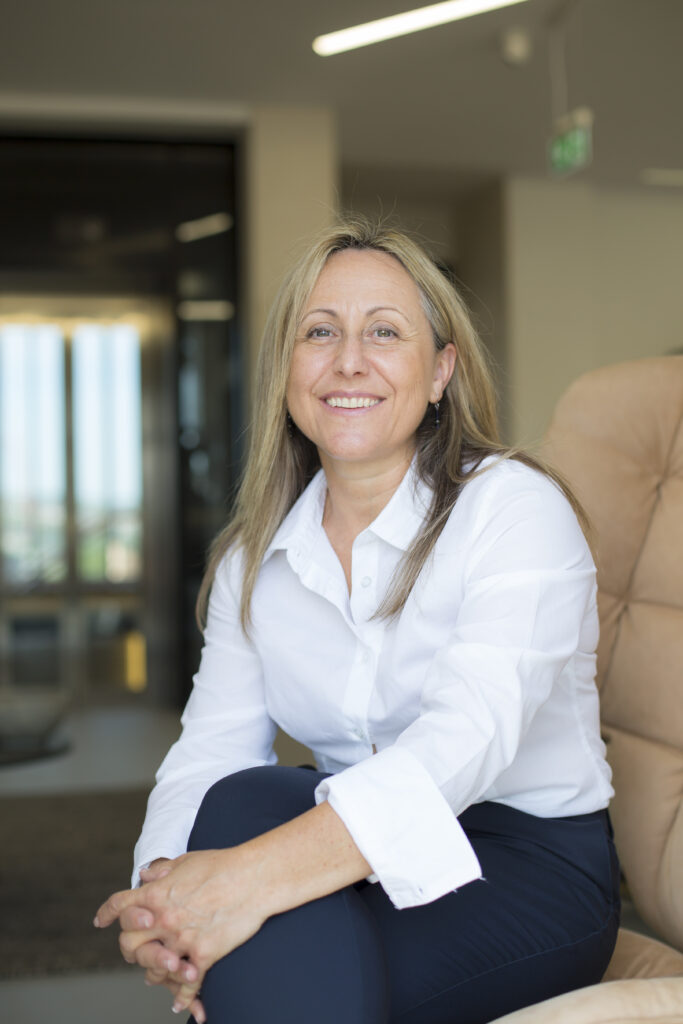
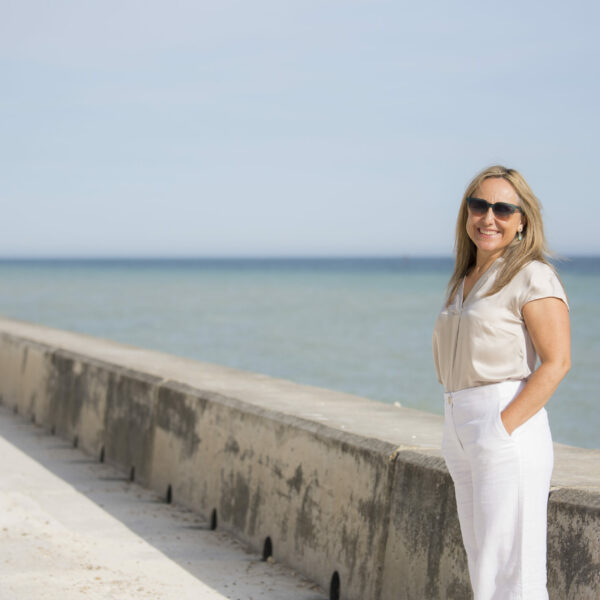
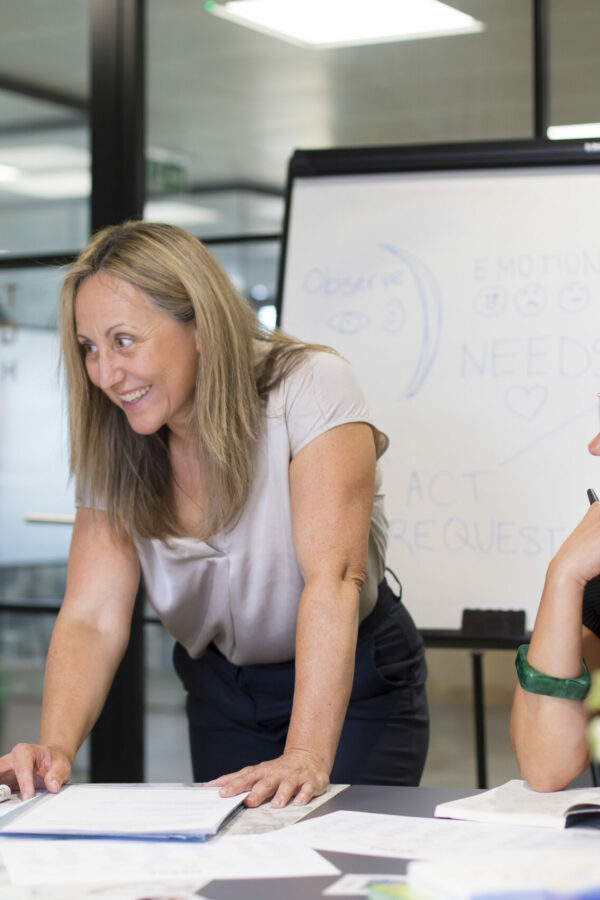
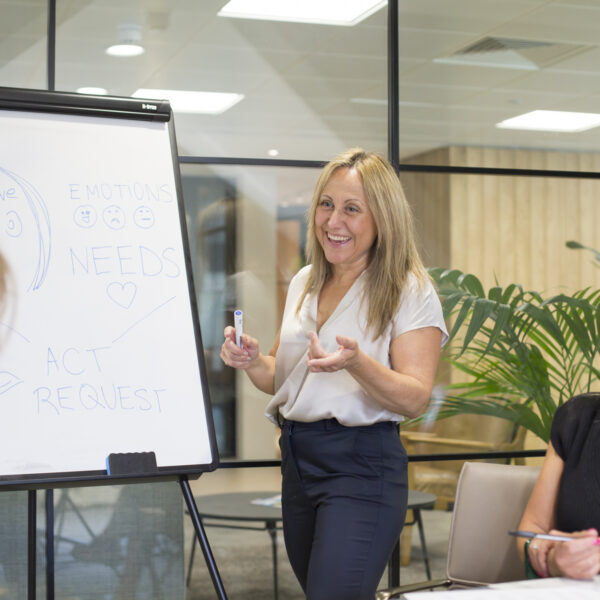
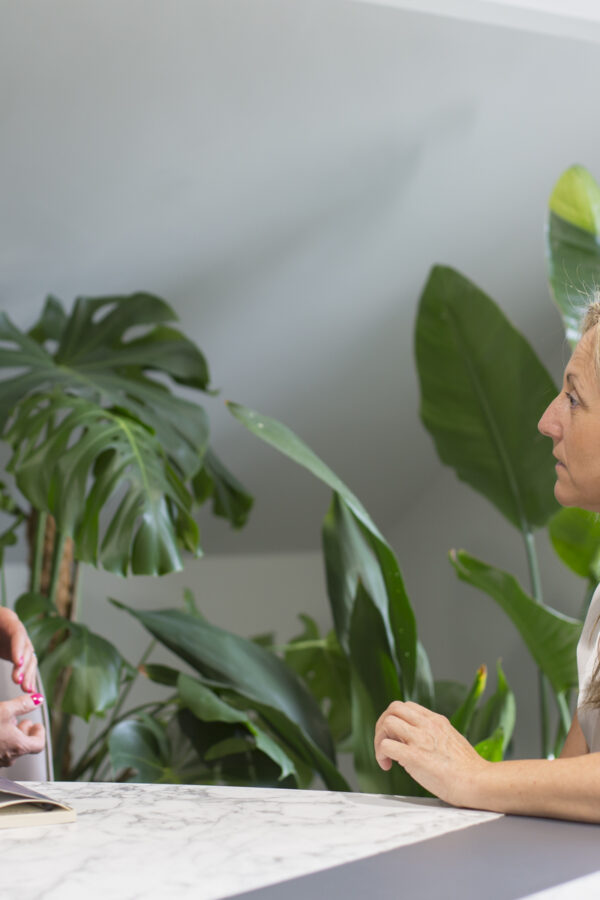
The truth is I wouldn’t have been capable of handling such situations a few years before. I would have grappled with self-doubt and shied away from dealing with conflicts and complex group dynamics.
I vividly recall an incident from years ago when, as a member of a board of directors during a high-stakes general meeting, I found myself frozen in the face of aggression. I silently endured false accusations and slander from fellow board members who disagreed with my views. During that time, I couldn’t muster the confidence to advocate for myself and the interests I represented, express my perspectives honestly when there was aggressive discord, or effectively steer the situation towards constructive action.
So, how did I change from somebody who froze and struggled to stand up for what mattered, to somebody with the skills to facilitate a high-stakes workshop and engage dissenting voices? I trace this back to the realisation that if I wanted to fulfil my mission of building a more sustainable and compassionate world, I would need to transform my communication skills and become more resilient. Shying away from speaking my truth was holding me back. So, I embarked on a journey to develop the characteristics of the leaders I respect: kindness, empathy, good listening skills and resilience. The first of these leaders was Maria Montessori. I quickly realised that the peace-promoting skills Montessori used in the classroom could be applied to leaders, managers and organisations trying to bring about change in a polarised world. Fostering a culture that respects each individual as a valuable member of the group brings out the best in people, motivating them to perform at their highest potential. This led me to Marshall Rosenberg’s work on Nonviolent Communication which taught me how to speak my truth with compassion and sensitivity. I studied neuroscience to learn what motivates people to act as they do, as well as what motivates them to change. The result was a transformation in my communication skills, as I learned how to welcome and value diverse viewpoints (regardless of how they were expressed), bridge gaps in understanding and de-escalate tense situations.
Circling back to the tipping point in that workshop. I could feel the tension mount as the man persistently and aggressively expressed his opinions. I pulled myself tall, went inwards to regain my composure and drew on the Nonviolent Communication techniques I’d honed over the years. I was able to do this quickly and instinctively, while reassuring the group’s mounting worry. As a result, I was able to diffuse a tense situation that threatened to cause harm, awaken personal trauma and silence others from speaking their truth.
Experience has taught me that if we learn the skills of Nonviolent Communication and use these to lead with sensitivity, authenticity, empathy and kindness, we can bring about the change we want to see in the world and fulfil the promise of the 17 Global Goals. You can read more about some of the ways in which I transformed this workshop here.
